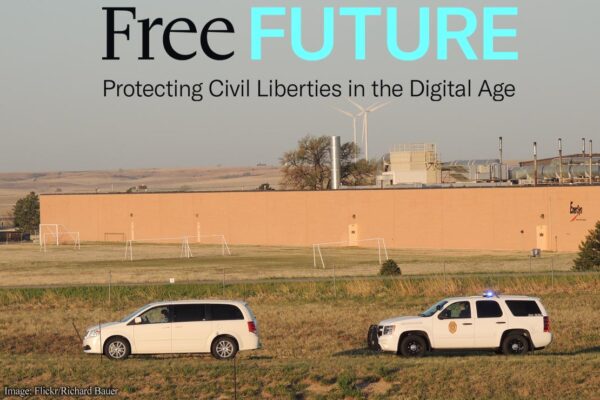Clinton Administration Relaxes Encryption Rules
FOR IMMEDIATE RELEASE
WASHINGTON -- Taking a step forward to insure the privacy of electronic communications, the Clinton Administration today relaxed its rules on the use of encryption software.
Although it welcomed the Administration's announcement, the American Civil Liberties Union cautioned that the decision is likely to open another, even more difficult privacy battle as law enforcement agencies expand their efforts to win access to the keys and passwords that control access to electronic information.
"Today's announcement is a step forward," said Barry Steinhardt, Associate Director of the ACLU. "The battle now becomes whether the ability to use encryption is a meaningful one. Without protections against illegal searches, this change will benefit industry and leave the average computer user out in the cold."
Steinhardt noted that earlier this summer, the media reported that the Justice Department was preparing to seek legislation to make it easier for law enforcement authorities to secretly enter suspects' homes or offices to disable security on personal computers. The Administration announced today that it has dropped that plan, which had immediately drawn heated denunciations from privacy advocates.
In its wake, the Administration said it would propose the "Cyberspace Electronic Security Act of 1999," which would "ensure that law enforcement maintains its ability to access decryption information." The new legislation would also seek an additional $80 million for the FBI's Technical Support Center.
Steinhardt said that the ACLU will fight to ensure that law enforcement be required to obtain judicial review and permission to gain access to the encryption keys and passwords and that the law protect individuals from law enforcement fishing expeditions. The ACLU said it would also seek to give individuals the opportunity to fight court-ordered encryption seizures.
"Today's announcement will inevitably shift the legislative battle from arguments over the more commercial aspects of the use of encryption to one more focused on privacy and other civil liberties," Steinhardt said.
The Administration's announcement also failed to clearly address the ongoing struggle over the development of new cryptographic products by researchers and other academics, which is essential to future security in a rapidly changing climate. This means that several ongoing federal court battles will continue. The ACLU is representing Ohio Law Professor Peter Junger in a case that is now before the Sixth Circuit Federal Court of Appeals.


